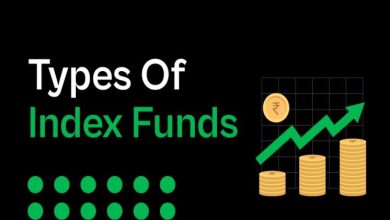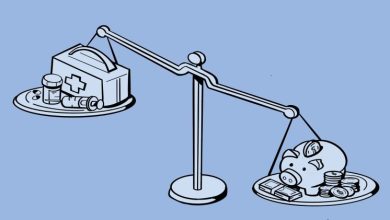How to Manage Debt and Improve Credit Score

Debt can be a real issue for anyone. Whether you have mortgage debt, student loan debt, credit card debt or even both combined, managing what owes and avoiding adding new obligations is essential to avoid becoming further indebted.
The initial step to managing your debt is gaining clarity on exactly how much you owe and to which creditors. That means creating a list of bills organized by creditor, balance, interest rate and monthly due date.
With this information, you can prioritize which debts need to be paid off first and how much of your budget you have available for each one. For instance, if you have a high-interest credit card debt, it might make financial sense to tackle that one first as this will save the most money by reducing interest payments.
Another strategy to help you pay off debt more quickly is to prioritize paying off the smallest balances first. This approach, known as the “snowball,” can be a motivator since seeing smaller balances go away will motivate you to continue making payments towards them.
If you’re not sure which debt management strategy is best for you, consulting a financial professional may be beneficial. They can evaluate your situation and offer suggestions on how to reduce outstanding balances, lower interest rates and find a payment plan that fits within budget.
Debt management strategies such as debt consolidation and settlement offer various options to choose from; both can help you pay off your debt faster but each has its own drawbacks and advantages.
Consolidation is the process of taking all your debt and rolling it into one product with a lower interest rate. Popular consolidation tools include personal loans and 0% interest balance transfer credit cards.
Some of these products offer reduced interest rates for a certain period, making it easier to pay off debt. Unfortunately, these can also result in higher monthly payments than you were charged before and may negatively affect your overall credit score.
Debt settlement can help you negotiate with your creditors to settle for less than what you owe. However, this option could prove risky if you miss payments and your credit score drops due to nonpayment.
When it comes to improving your credit score, the most essential step is making all payments on time. While this can be a challenging task when you are in the middle of paying off debts, staying current with obligations is absolutely necessary for keeping up with them.
Once you have control of your current debts, it is essential to monitor your debt-to-income ratio (DTI). This number shows you how much of your income goes toward repaying those obligations.
This measure is essential as it tells you if or not your debt management plans are succeeding. Divide the total amount of your payments owed by your total income; the lower your DTI number, the better.




